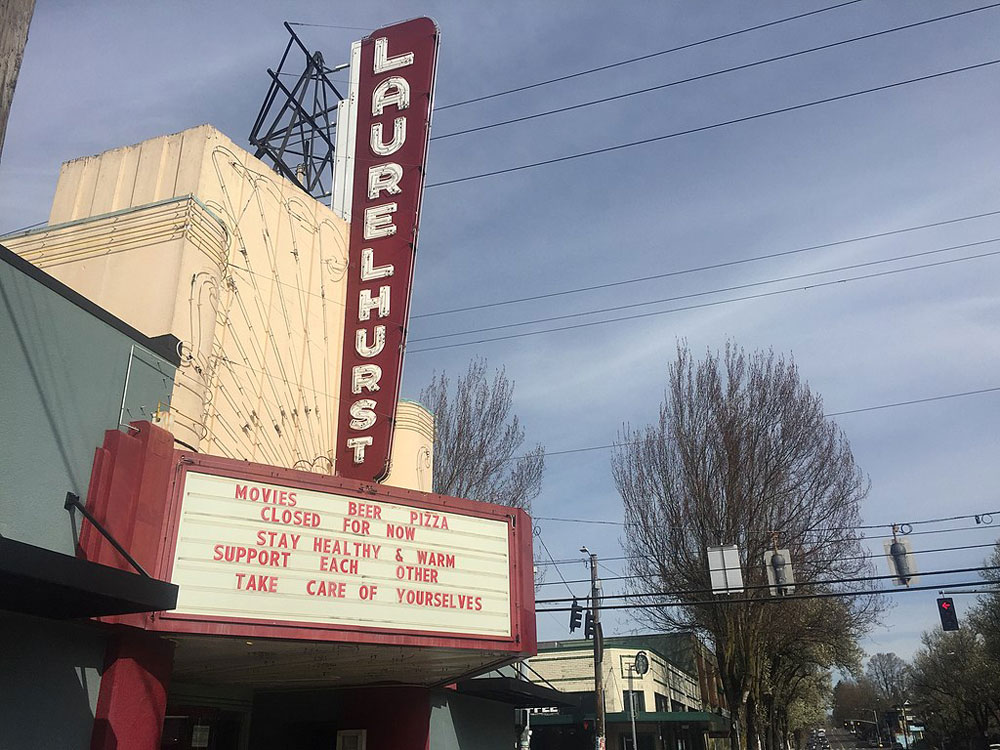
April 29, 2020; The Guardian
A sobering report released this past Wednesday from the International Labour Organization (ILO), a United Nations (UN) agency based in Geneva, Switzerland, finds that 1.6 billion of the total global working population of 3.3 billion—in other words, nearly half—are in “immediate danger of having their livelihoods destroyed” by COVID-19, reports Phillip Inman for The Guardian.
“It shows I think in the starkest possible terms that the jobs employment crisis and all of its consequences is deepening by comparison with our estimates of three weeks ago,” the UN agency’s director general, Guy Ryder, said at a press briefing.
Ryder added in his remarks, “For millions of workers, no income means no food, no security, and no future. Millions of businesses around the world are barely breathing. They have no savings or access to credit. These are the real faces of the world of work. If we don’t help them now, they will simply perish.”
Among the report’s main findings, “Global working hours in the second quarter are expected to be 10.5 per cent lower than in the last pre-crisis quarter. This is equivalent to 305 million full-time jobs.” But also severely affected are the world’s 1.6 billion people who work in what is generally known as the “informal economy.” The first month of crisis, the report notes, “is estimated to result in a decline in earnings of informal workers of 60 percent globally. By region, the expected decline is largest in Africa and Latin America, at 81 percent.”
Sign up for our free newsletters
Subscribe to NPQ's newsletters to have our top stories delivered directly to your inbox.
By signing up, you agree to our privacy policy and terms of use, and to receive messages from NPQ and our partners.
Inman adds that the ILO encourages “targeted and flexible measures to support workers and businesses, particularly smaller enterprises, those in the informal economy and others who are vulnerable” to address the employment effects of the pandemic.”
At the briefing Ryder emphasized, as has NPQ in our coverage, that the pandemic is revealing gaps in social safety nets that had been known before the pandemic, but too often ignored. As Ryder puts it, “The pandemic has laid bare just how precarious, just how fragile, just how unequal our world of work is. It is commonly said that this pandemic does not discriminate, and in medical terms that is right. We can all be struck by the pandemic.”
Ryder, also notes that, as in the United States, in terms of its economic effects and health impact, “this pandemic discriminates massively…against those who are at the bottom end of the world of work, those who don’t have protection, those who don’t have resources and the basics of what we would call the essentials of a normal life.”
Ryder also emphasized the need to learn from the pandemic. The world’s community of nations, Ryder stresses, need to reconstruct their economies around better working practices and “not a return to the pre-pandemic world of precarious work for the majority.”—Steve Dubb













